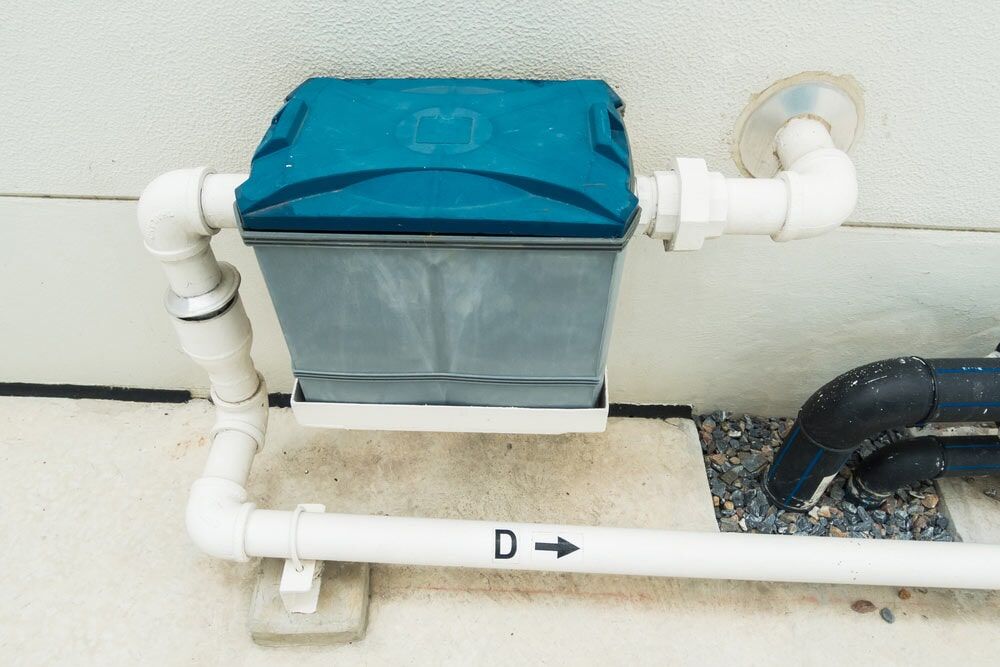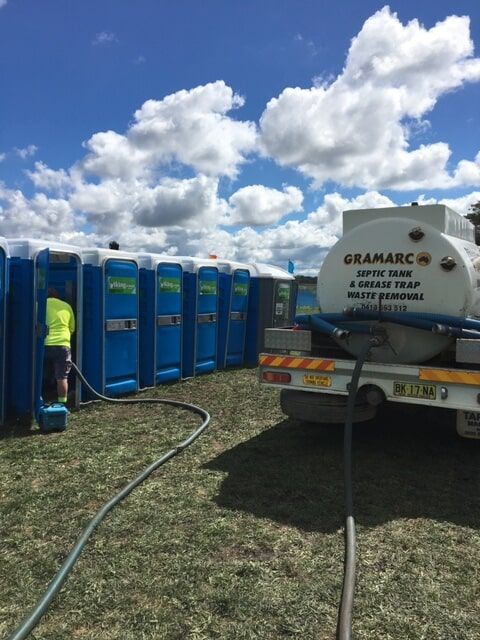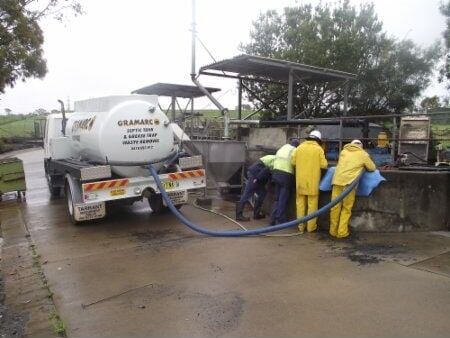MAINTENANCE & CARE

Grease Traps
Staying up to date with maintenance of your grease trap will go a long way to minimising the likelihood of unpleasant breakdowns and expensive repairs in future. Here are a few tips for looking after your grease trap:
1) Regularly check the lid and sides of your grease trap for cracks and holes. Rodents are drawn to grease traps because they provide great shelter and a source of food.
2) Check the internal walls for signs of corrosion. If you notice corrosion or holes in the walls, call a repair person immediately
3) Check the baffles are in place and working correctly. If you notice the third compartment is filled with grease, you may be overdue for grease removal.
4) If you notice a bad odour while the lid is on your grease trap, you may need to have it pumped or inspect for any holes in your system.
5) Minimise the amount of grease that ends up in your system by wiping pans before washing, using strainers in your sink, and collecting gathered grease, fat and oil in a jar that’s thrown in the bin once full.
Portable Toilets
Portable toilets on worksites need to be checked and cleaned regularly to ensure the health and safety of workers. Our team can offer the following maintenance:
1) Checking pumps and components to ensure effective operation. Any defects will be repaired promptly.
2) Replacement and topping up of treatment chemicals in the sewage tank.
3) Refilling of holding tanks.
4) Replacement of toilet paper.
5) Cleaning and disinfecting of internal compartment.
Septic Systems
Regular maintenance of your septic system will save you time, money and hassle in the long run. System failures can cause significant damage to your fixtures, property and drainage system, as well as creating an unpleasant mess that can be expensive to clean up.
1) Inspect your system once a year.
2) Pump your tank when required (every 3 to 5 years).
3) Keep accurate maintenance records.
4) Conserve water when possible.
5) Use a certified septic technician for all servicing.
6) Avoid putting grease, motor oil, chemicals or toiletries into your system.
Frequently Asked Questions

Check out our frequently asked questions for more information about septic system maintenance. If you have any other questions, be sure to call us for assistance.





